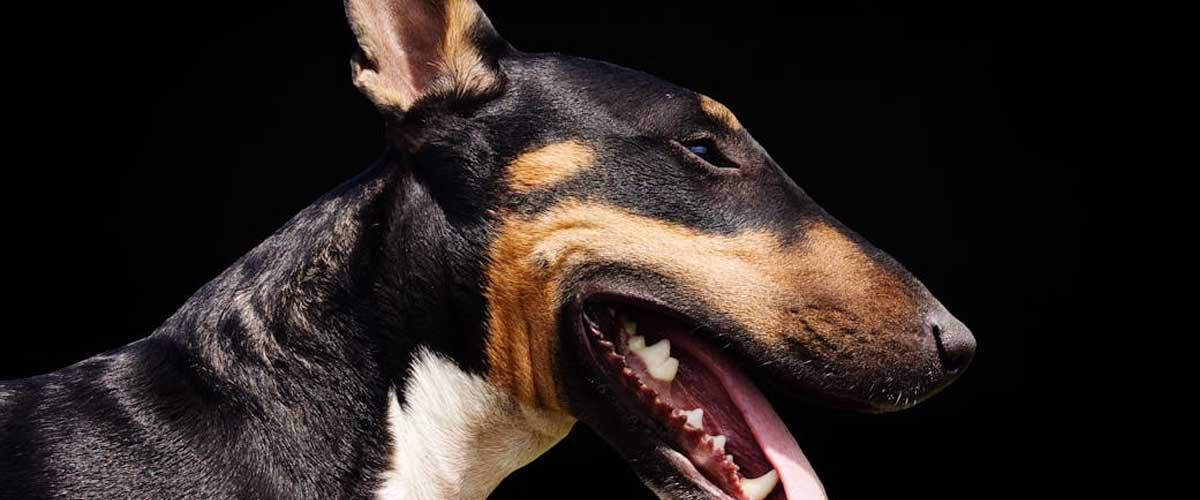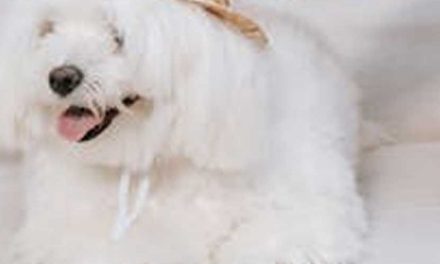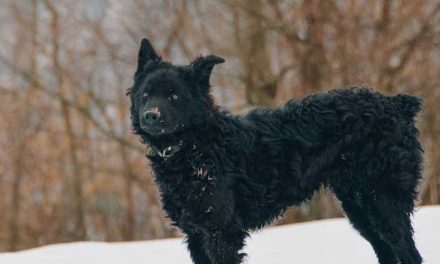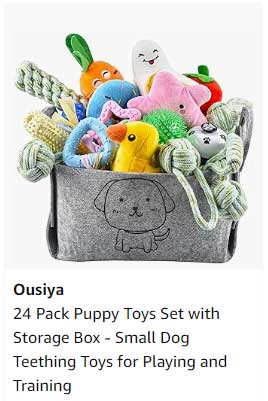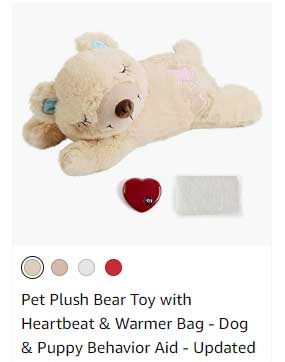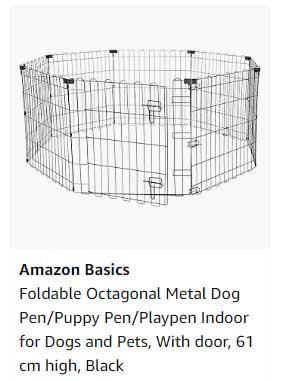The Miniature Bull Terrier is a playful and affectionate breed known for its distinctive appearance and lively personality.
As a smaller version of the standard Bull Terrier, the Miniature Bull Terrier carries much of the same charm and characteristics but in a more compact size, making it a popular choice for families and individuals alike.
Origins and History
The Miniature Bull Terrier was developed in England during the 19th century.
Originally bred as a companion and show dog, this breed is a result of crossing the old English Bulldog with the now-extinct White English Terrier, resulting in a dog that is both strong and agile.
The breed was officially recognized by the American Kennel Club in 1991, and since then has gained a loyal following.
Appearance
One of the most striking features of the Miniature Bull Terrier is its egg-shaped head, which gives it a unique look.
Their eyes are small, triangular, and full of expression, contributing to their charming demeanor.
Miniature Bull Terriers have a muscular and compact body, standing between 10 to 14 inches tall at the shoulder and typically weighing between 25 to 35 pounds.
The breed comes in a variety of colors, including white, brindle, and black, as well as combinations of these colors.
Their short, shiny coat requires minimal grooming, making them relatively low-maintenance in this regard.
Temperament
Miniature Bull Terriers are known for their lively and playful nature.
They are highly energetic and require regular exercise to keep them happy and healthy.
This breed is intelligent and eager to please, making them relatively easy to train, although their strong-willed personality can sometimes pose challenges for less experienced owners.
These dogs are typically very affectionate with their families and often form strong bonds with their owners.
They thrive on attention and enjoy being included in family activities.
However, their strong instincts can lead to stubbornness, so consistent training and socialization from a young age are essential.
Health Considerations
Like all breeds, Miniature Bull Terriers can be prone to certain health issues.
Common concerns include skin allergies, kidney problems, and heart issues.
It’s crucial for prospective owners to obtain a puppy from a reputable breeder who conducts health screenings and prioritizes the well-being of their dogs.
Regular veterinary check-ups, a balanced diet, and proper exercise are key to maintaining the health of a Miniature Bull Terrier and ensuring a long, happy life.
Living with a Miniature Bull Terrier
Miniature Bull Terriers adapt well to various living situations, whether in apartments or houses with yards, as long as they receive adequate exercise.
They are known to get along with children and can be quite playful.
However, due to their strong prey drive, they may not be suitable for homes with small animals unless properly socialized.
Positive reinforcement training methods work best with this breed, as they respond well to praise and treats.
Mental stimulation is also vital; introducing puzzles and interactive toys can help keep their minds engaged.
Conclusion
The Miniature Bull Terrier is a remarkable breed full of personality and charm.
With a perfect balance of playfulness and affection, they make excellent companions for those willing to invest the time and energy into proper training and socialization.
If you’re looking for a loyal and lively partner, the Miniature Bull Terrier may just be the perfect fit for your home.

